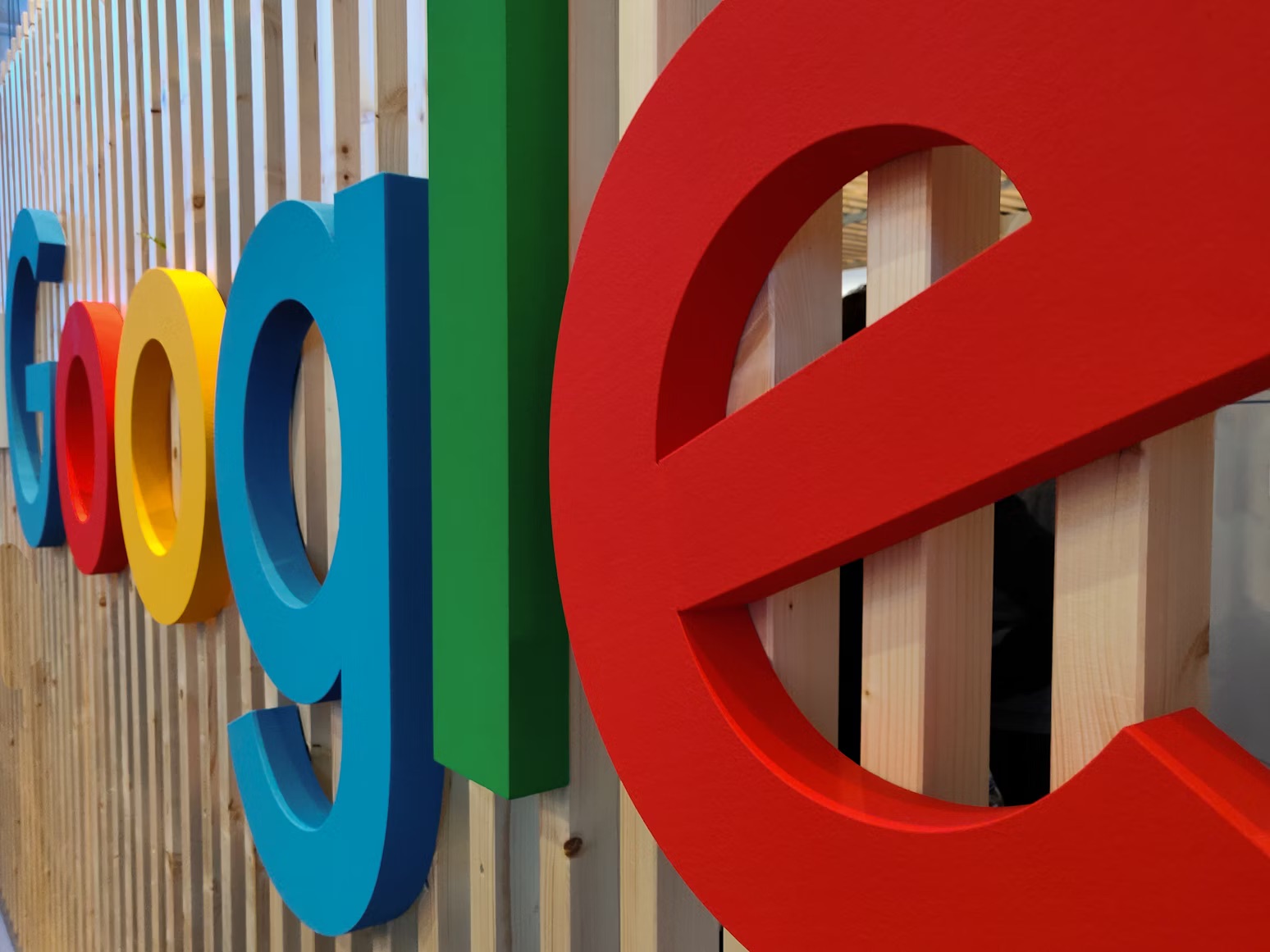
Google has removed the names of more than 50 Diversity, Equity, and Inclusion (DEI) groups from a public list of organizations it substantially contributes to, according to a new watchdog report and subsequent reporting by CNBC. The list, which outlines the 2024 selections of groups and organizations backed by Google’s U.S. Government Affairs and Public Policy team, no longer features the names of groups such as the Latino Leadership Alliance and the ACLU of Illinois.
A Google spokesperson responded to the discovery with a statement: “This report mischaracterizes our public policy contributions. We contribute to hundreds of groups from across the political spectrum that advocate for pro-innovation policies, and those groups change from year to year based on where our contributions will have the most impact.”
The change comes as the Trump administration has indicated it will target companies that openly support DEI initiatives. It remains unclear whether Google has secretly continued to fund these groups.
Google’s Broader Retreat from DEI Commitments
This action is the latest in a series of steps by Google to distance itself from some of its DEI commitments. Over the past year, the company has ended its diversity hiring goals, removed language referring to “underrepresented” groups from its grant website, and eliminated mentions of “diversity” and “equity” from its responsible AI webpage and its 10-K filings.
The groups dropped from Google’s funding list had mission statements that included terms like “race” and “women,” which are words the Trump administration had reportedly instructed federal agencies to use less frequently.
Author’s Opinion
Google’s decision to quietly remove DEI groups from its public funding list, while claiming a shift in its strategic priorities, appears to be a direct response to the political climate created by the Trump administration. This move, along with the company’s broader retreat from its public DEI commitments, signals that many corporations are choosing to prioritize their financial and political security over their stated social responsibilities. It suggests a future where companies may continue to support certain causes behind the scenes but will be far less transparent about it to avoid public scrutiny and potential backlash from the government. The long-term impact of this kind of corporate self-censorship on social progress is a significant concern.
Featured image credit: Kai Wenzel via Unsplash
For more stories like it, click the +Follow button at the top of this page to follow us.
